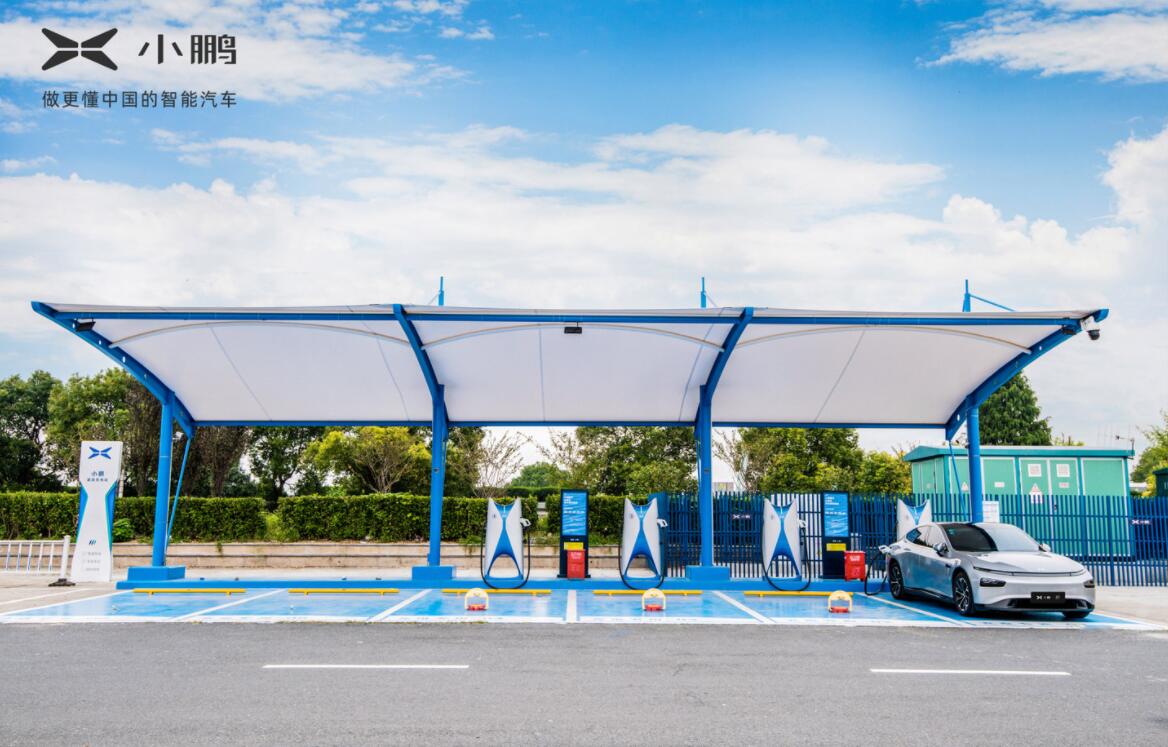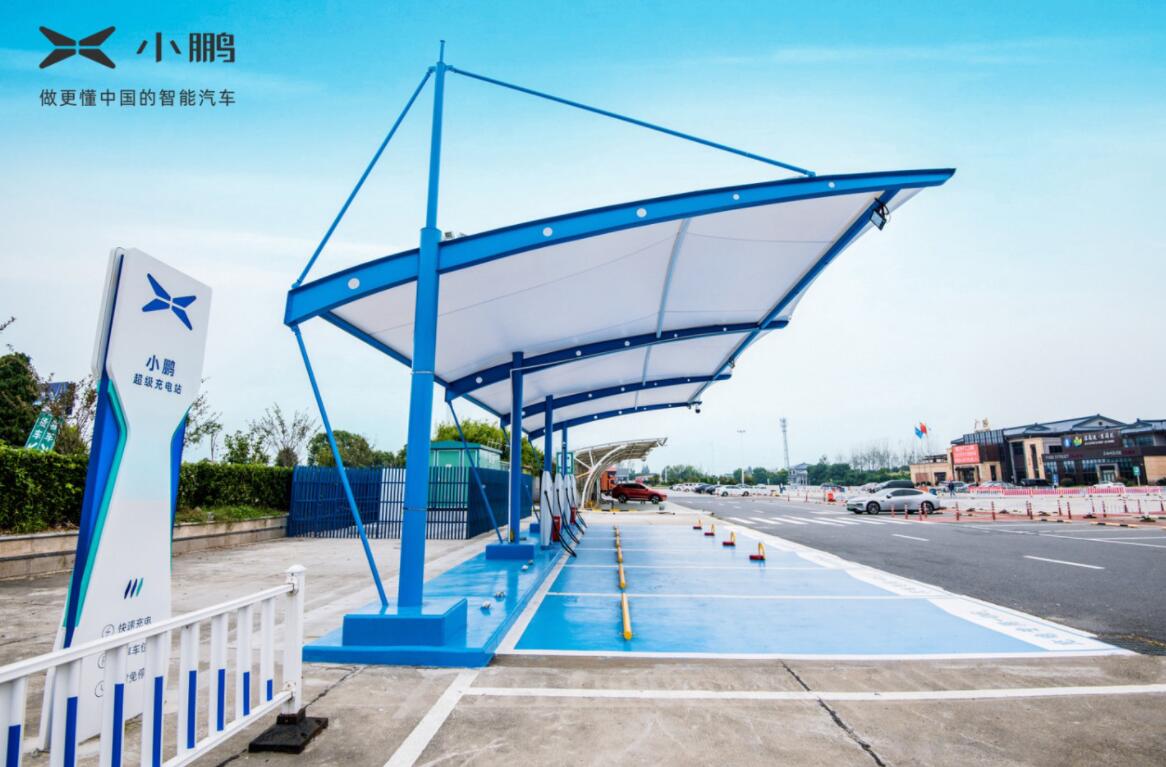Xpeng's charging network has complete coverage of the Beijing-Shanghai Expressway and the Beijing-Hong Kong-Macao Expressway, two of the most used expressways in China.

(Image credit: Xpeng)
The issue of charging queues for electric vehicle owners traveling during China's National Day holiday earlier this month has been in the spotlight for some time, and has led car companies to step up efforts to build charging facilities along highways.
Xpeng Motors said today that it has complete coverage of its charging network on the Beijing-Shanghai Expressway and the Beijing-Hong Kong-Macao Expressway, two of China's most used highways with lengths of 1,262 kilometers and 2,285 kilometers, respectively.
Xpeng said it has installed a cumulative total of 30 supercharging stations in service areas and within 5 kilometers of exits on these two expressways, an average of one every 170 kilometers.
It's worth noting that even without these Xpeng charging stations, most of China's highway service areas are already equipped with public charging stations from State Grid, although the charging experience is not as good as the ones operated by the car companies themselves.
In addition to these supercharging stations, Xpeng said today that it has built its first supercharging station with energy storage in Handan, Hebei province.
Xpeng did not provide details about the station, but it said at the October 24 Tech Day event that it has developed technology to provide charging services using stored energy, and that a single storage can meet the uninterrupted high-power charging needs of up to 30 vehicles.

By the end of September, Xpeng branded supercharging stations reached 439. If added to the third-party supercharging stations, Xpeng has 1,648 stations offering a certain amount of free charging service to users.
Xpeng and its local counterpart Nio are currently the most aggressive among Chinese EV companies in building replenishment facilities along highways.
Nio announced late last month that it will complete a battery swap network covering eight major highways and four densely populated metropolitan areas by the Chinese New Year in 2022.
William Li, founder, chairman and CEO of Nio, said the company plans to increase the number of battery swap stations along the highways to 169 by the Chinese New Year which falls on February 1.
According to Nio's plan, the company hopes to have five battery swap networks along north-south highways and three battery swap networks along east-west highways by then.
According to CnEVPost data, as of October 27, Nio had 567 battery swap stations, 118 of which are located along highways. It also has 406 supercharging stations providing 2,458 charging posts and 556 destination charging stations providing 3,095 charging posts.







